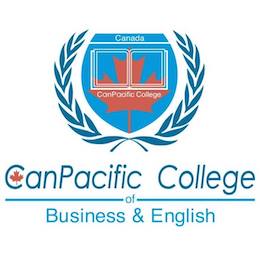In addition to taking courses, it is recommended that ESL learners continue working on their English language skills after class. Below, you’ll find some examples of extra-curricular activities that will help you make further progress in learning the language. Read aloud Watch movies and TV programmes in English Listen to English-language radio programmes Practice speaking […]
Category: Tips/ ESL

Gerunds
Gerunds are noun forms of verbs, which means that they can be used as subjects or objects of sentences. Let’s take a look at two examples: Cooking is my hobby. I really enjoy cooking. In the first sentence, the gerund ‘cooking’ is used as the subject of the sentence. In the second sentence, the gerund […]

Complement or Compliment?
Every so often, the word ‘complement’ is confused with ‘compliment.’ This blog entry is intended to clear up the confusion. Compliment – (noun) praise; (verb) to praise someone For example: “I complimented him on his choice of stationery.” Complement – (noun) completing; (verb) to complete For example: “The sauce complements the main course.” Now, try […]
Principle or Principal? Commonly Confused Words
Some words are often confused. Let’s clarify their meanings. Today’s pair is principle and principal. Principal is most often used as an adjective, while principle is solely a noun. A principle is a fundamental truth or a rule, such as in science and nature. The aforementioned noun is also used for morally right attitudes […]

Breath or Breathe?
Once in a while, the word ‘breath’ is confused with ‘breathe.’ Well, there’s no need to worry, as the confusion will be cleared in this blog entry. Please take a look at the following sentences: In order to survive, people need to breathe. Deep breaths are supposed to be soothing. Based on the example sentences, […]

